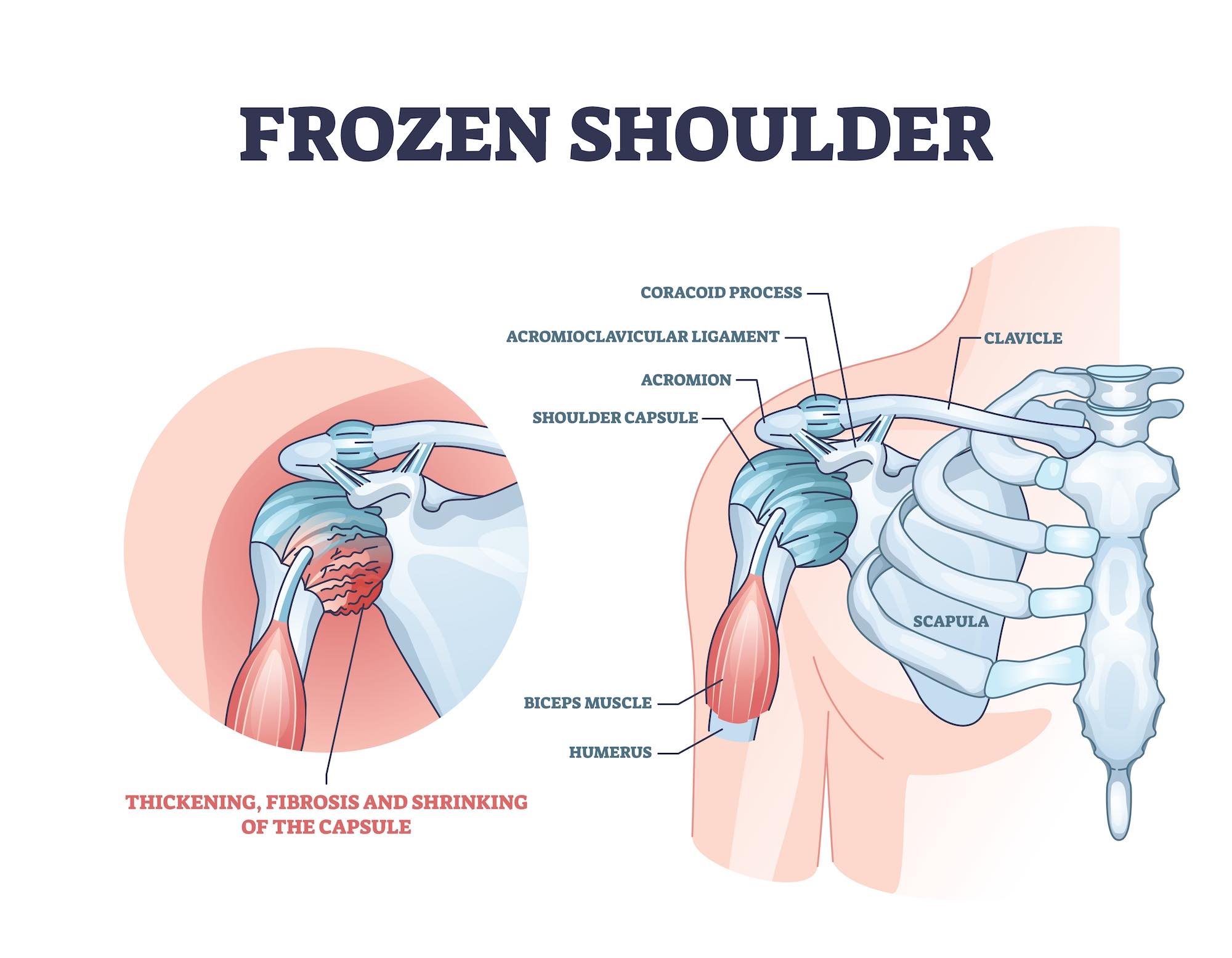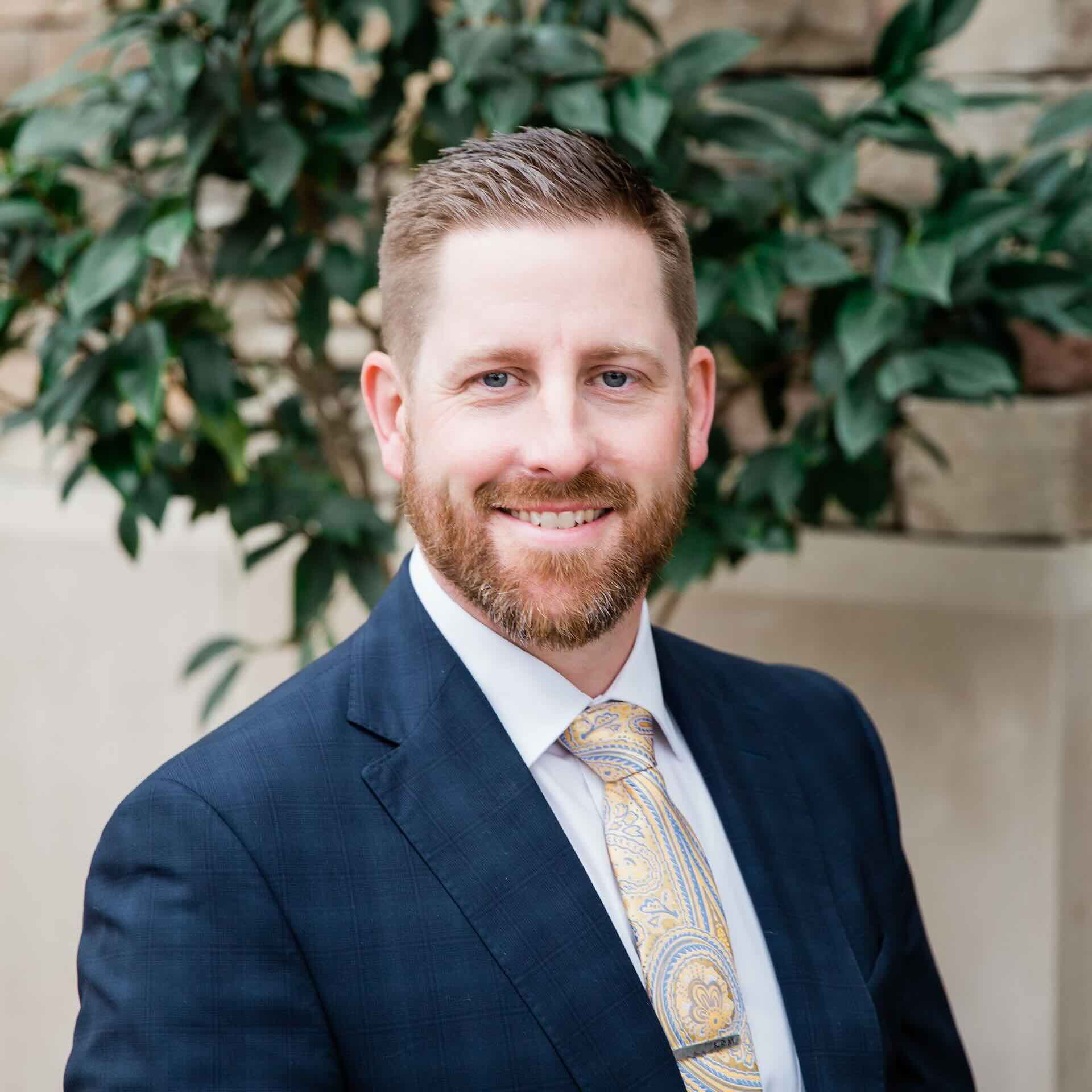If you’re one of the many people who suffer from frozen shoulder, you know how painful and debilitating it can be. This condition can keep you from performing even the simplest tasks, like reaching for a glass of water.
In this blog post, I will share some helpful information about frozen shoulder: what causes it, how to treat it, and steps you can take to prevent it from occurring again.
What is frozen shoulder?

Frozen shoulder is a condition that affects the connective tissue surrounding the shoulder joint. The condition is also known as adhesive capsulitis or periarthritis frozen shoulder.
A frozen shoulder typically occurs when the connective tissue around the shoulder joint becomes inflamed and stiffens. This can happen for a variety of reasons, including:
- An injury to the shoulder
- Overuse of the shoulder
- Surgery on the shoulder
- Immobility of the arm due to arthritis or another condition
What are the symptoms of frozen shoulder?
The symptoms of frozen shoulder can vary from person to person, but the most common symptom is pain. The pain may be mild at first, but it can gradually worsen over time. Other symptoms include:
- Stiffness in the shoulder joint
- Reduced range of motion in the shoulder joint
- Weakness in the affected arm
If you are experiencing any of these symptoms, you’ll want to see a dedicated shoulder specialist so they can properly diagnose and treat your shoulder condition.
How is frozen shoulder treated?
There are a few different treatment options for frozen shoulder. The most common treatment is physical therapy. A physical therapist can help stretch and strengthen the muscles around the shoulder joint, which can improve range of motion and reduce pain. Other treatment options include:
- Corticosteroid injections: These can help reduce inflammation and pain.
- PRP injections: Platelet-rich plasma (PRP) injections are a newer treatment option that is showing promise for frozen shoulder. PRP injections involve taking a sample of your blood and then injecting it into the affected shoulder joint. The platelets in the blood help promote healing.
- Surgery: In some cases, surgery may be necessary to release the frozen shoulder.
Your doctor will work with you to decide which treatment option is best for you based on the severity of your frozen shoulder and your overall health.
What is the recovery for frozen shoulder?
The recovery from frozen shoulder can take some time. For most people, it takes between six months to two years to fully recover from frozen shoulder. However, there are things you can do to speed up your recovery.
First, it’s important to follow your doctor’s orders and attend all of your physical therapy appointments. Physical therapy is essential for regaining range of motion and strength in the affected shoulder.
Second, you’ll want to take care of yourself at home by doing exercises that stretch and strengthen the muscles around the shoulder joint. You can find many frozen shoulder exercises online or through a physical therapist.
Lastly, be patient! Recovery from frozen shoulder can be slow, but if you stick with your treatment plan, you will eventually get your range of motion back.
Can frozen shoulder be prevented?
Unfortunately, there is no guaranteed way to prevent frozen shoulder. However, there are a few things you can do to lower your risk:
- Maintaining good range of motion in your shoulder joint.
- Avoiding repetitive motions that put stress on the shoulder joint.
- Keeping your shoulder joint warm with regular heat or cold therapy.
- Exercising regularly to maintain flexibility and range of motion in the shoulder joint.
If you are at risk for frozen shoulder (for example, if you have diabetes), be sure to talk to your doctor about steps you can take to lower your risk.
Frozen shoulder is a painful and debilitating condition, but there are treatment options available. If you think you may have frozen shoulder, be sure to see a shoulder specialist so you can get started on the road to recovery.




